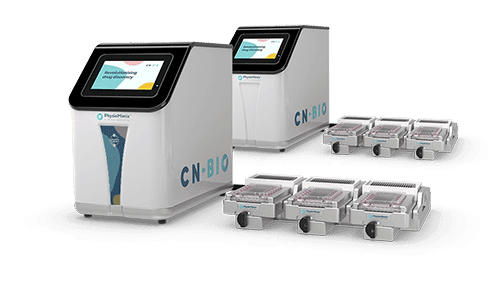Liver disease has the potential to become the UK’s biggest killer within a generation, is the stark assessment of an independent report released today by a group of politicians and liver experts.
The damning report highlights the “scandalous” absence of a national strategy to tackle liver disease, the result of which is a “shameful waste of lives” and a growing burden on the UK’s National Health Service.
Amongst several recommendations put forward in the report, the UK’s Chief Medical Officer advocates prioritisation of actions towards the prevention, diagnosis and treatment of liver disease. But at a time when healthcare budgets are under considerable pressure the big question is “where will the money be found to finance such actions”?
Contributing to the challenge is the significant cost of new treatments for liver diseases. Sofosbuvir, a new hepatitis C drug, recently hit the market with an eye-watering $1,000 per day price tag. After a long and costly drug development process – typically taking more than 10 years and costing upwards of $1bn – companies like Gilead, the manufacturer of Sofosbuvir, have to hope that cost-benefit assessments made by governments and health insurers will work in their favour.
An alternative approach is for pharmaceutical companies to identify faster, more cost effective methods for developing drugs. Thus reducing the time for patients to access life-changing treatments and providing such treatments at an affordable price.
CN Bio Innovations has developed several unique models of human liver disease which enable the rapid testing and development of new treatments, meaning that only the best drugs, are advanced into expensive and lengthy clinical trials. The company will be arranging meetings with interested parties to discuss details of its new liver disease models at one of the industry’s foremost conferences, The European Association for the Study of the Liver’s (EASL) International Liver Congress, which kicks off in London on April 9, 2014.
No doubt all of these topics – and more – will be the subject of hot debate at EASL!

